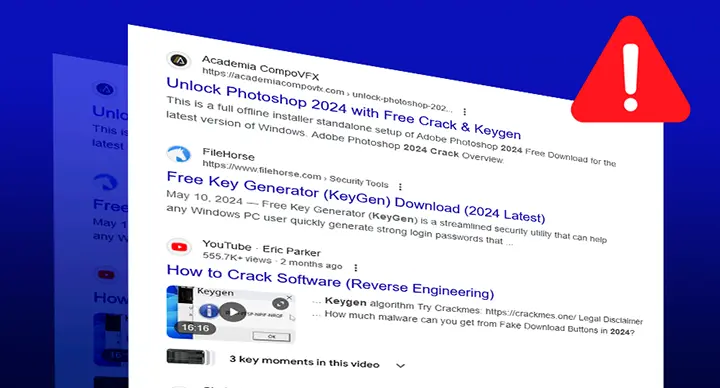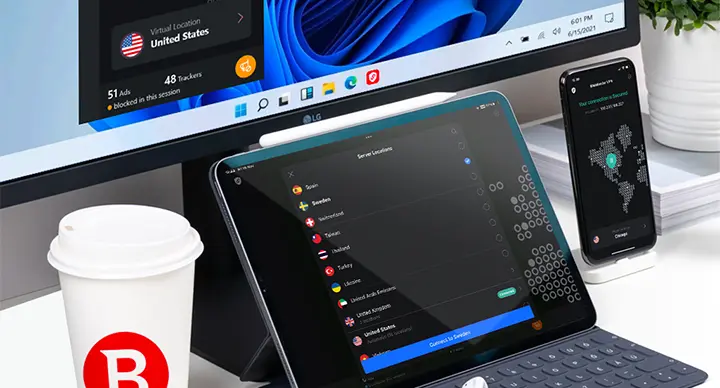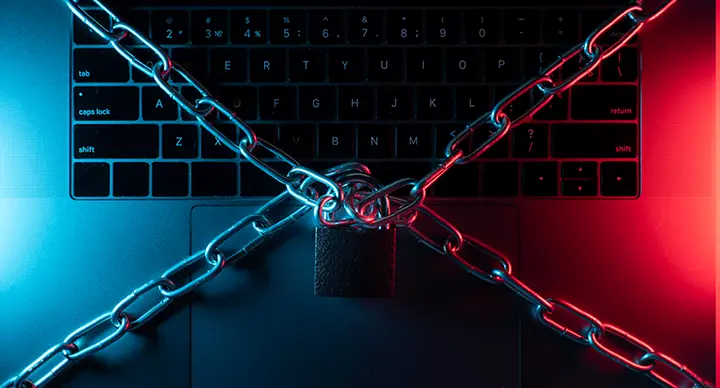Mobile devices have become an essential part of our lives, used for everything from online banking and social media to work and entertainment. But as our reliance on smartphones grows, so do the risks they face. The question is: do you really need mobile security? The answer is a resounding yes—and here’s why.
Understanding the Threat Landscape
Many users believe that their phones are inherently secure, especially with the frequent updates from operating systems like Android and iOS. However, the reality is that mobile devices are increasingly targeted by cybercriminals. Here are some of the most common threats you might not even realize your phone is facing:
1. Mobile Malware
Malware—short for malicious software—is one of the biggest threats to mobile devices. This can come in the form of fake apps, trojan horses, or even spyware that tracks your activities. Mobile malware can steal personal data, passwords, and financial information, or even take control of your device.
- Why it’s dangerous: Malware often operates silently in the background, meaning users may not even realize their phone has been compromised until it’s too late.
2. Phishing Attacks
Phishing is a type of cyberattack where criminals use fraudulent communications, such as emails or text messages, to trick people into providing sensitive information. On mobile devices, this often happens through SMS (smishing) or fraudulent links in apps.
- Why it’s dangerous: Mobile users are more vulnerable because small screens can make it harder to detect suspicious URLs or messages, increasing the likelihood of falling victim.
3. App-Based Threats
Many apps, especially those downloaded from third-party sources, can pose serious risks. Some apps request excessive permissions—accessing things like your contacts, microphone, or location—that may be used for malicious purposes.
- Why it’s dangerous: Once installed, rogue apps can spy on your activity, collect sensitive information, or even modify the device’s settings without your knowledge.
4. Public Wi-Fi Vulnerabilities
Public Wi-Fi networks are notoriously insecure. When you connect to an open, unsecured network, anyone on that network can potentially intercept your data—whether it’s personal information, passwords, or private communications.
- Why it’s dangerous: Hackers can launch man-in-the-middle attacks, intercepting and reading data transmitted over unsecured Wi-Fi, leading to potential identity theft or unauthorized access to your accounts.
5. Ransomware
Ransomware is a type of malware that locks users out of their devices or encrypts their files, demanding a ransom to regain access. Although ransomware is more common on computers, mobile devices are increasingly becoming targets.
- Why it’s dangerous: If a ransomware attack hits your phone, you may lose access to important files, photos, and even the ability to use your device unless you pay the ransom.
Why Mobile Security is Necessary
With these threats in mind, the need for mobile security becomes clear. Many users don’t realize how much sensitive data they store on their phones, making them lucrative targets for attackers. Here’s why you should prioritize securing your mobile device:
Personal Data Protection: Your smartphone likely holds a treasure trove of personal information—photos, messages, financial details, and passwords. Securing it ensures that this sensitive data remains private.
Financial Security: Whether you’re banking online or shopping through apps, your financial transactions are at risk. A mobile security solution can prevent unauthorized access and keep your financial information safe.
Privacy Concerns: Apps and websites often track your location, habits, and personal preferences. Without proper security, this data could be accessed by cybercriminals and used for malicious purposes.
Business Data: For professionals, securing a work phone is even more critical. Losing access to important business data can lead to significant financial losses, reputation damage, or compliance issues.
Using a Third-Party Mobile Security Solution
While your phone’s built-in security features are a good starting point, they are not always enough. A third-party mobile security solution provides an additional layer of protection that can detect and prevent threats in real-time. These solutions offer features like malware scanning, app monitoring, phishing detection, and more robust privacy controls.
Top-rated mobile security apps from companies like Bitdefender, Kaspersky, Eset, McAfee and Norton are designed to give you comprehensive protection. They often include advanced features like app permission control, secure VPN for browsing, and protection against ransomware and phishing.
Steps to Strengthen Mobile Security
Beyond using a mobile security app, there are several practical steps you can take to reduce your exposure to mobile threats:
Update your operating system regularly: Security patches are critical for addressing vulnerabilities that attackers might exploit. Always ensure your phone is running the latest version of its OS.
Be cautious with apps: Only download apps from trusted sources like the Google Play Store or Apple’s App Store. Avoid granting unnecessary permissions, especially for sensitive data.
Use strong passwords and two-factor authentication: Secure your phone with a strong, unique password, and enable two-factor authentication (2FA) on important accounts for added protection.
Be wary of suspicious links or messages: Avoid clicking on links in unsolicited emails or text messages, as these are common methods for phishing attacks.
Use VPN on public Wi-Fi: If you must use public Wi-Fi, consider using a Virtual Private Network (VPN) to encrypt your internet connection and keep your data safe.
Conclusion
The growing risks to mobile devices make mobile security not just important, but essential. Investing in a reliable third-party mobile security solution can offer you peace of mind by protecting your personal and financial information, securing your privacy, and keeping your mobile data safe from cybercriminals.























